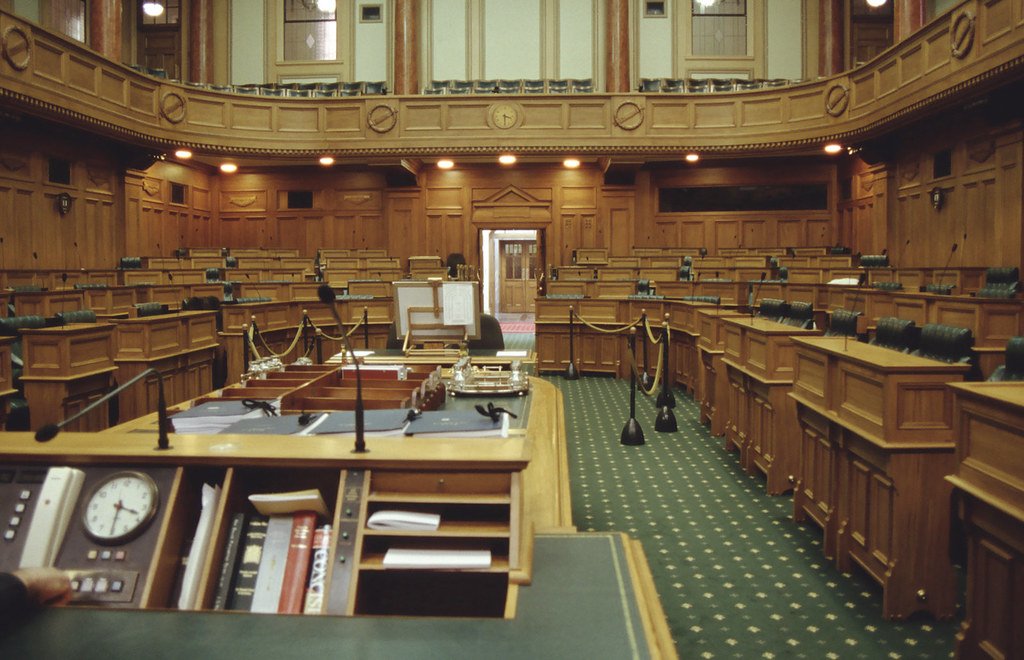Parliament has voted to suspend three Te Pāti Māori lawmakers after they performed a haka protest during a debate on the Treaty Principles Bill.
Hana-Rāwhiti Maipi-Clarke, the country’s youngest MP at 22, received a seven-day suspension, while party co-leaders Rawiri Waititi and Debbie Ngarewa-Packer were suspended for 21 days—setting a new record for disciplinary actions in the House. The previous longest suspension had been three days.
The protest, which took place in November 2024 during the first reading of the now-defeated Treaty Principles Bill, involved the trio performing a haka. The act briefly halted proceedings as votes were being tallied, with Maipi-Clarke initiating the protest by tearing a copy of the bill and leading the chant across the debating chamber floor.
The parliamentary Privileges Committee, composed of lawmakers from across parties, recommended the sanctions. Its report emphasised that the issue was not the cultural act itself, but the MPs’ movement across the floor, which it deemed “egregious, disruptive and potentially intimidating.” While the haka and other Māori ceremonial expressions have been performed in Parliament before, critics said this protest differed by interrupting proceedings and lacking prior approval from the Speaker.
“[This is] not about haka,” said Prime Minister Christopher Luxon, defending the committee’s findings. “[It’s about] parties not following the rules of Parliament.”
However, opposition parties, including Labour and the Greens, unanimously rejected the suspensions, framing them as culturally and politically punitive. Labour MP Willie Jackson praised the protest as “greatest exhibition of our culture in the House in my lifetime,” while Greens co-leader Chlöe Swarbrick warned the sanctions represented a dangerous precedent. “[If the government can] pick a punishment out of thin air, [that is] not a democracy,” she said.
The debate in Parliament was often heated. Winston Peters, leader of NZ First, drew condemnation for calling Te Pāti Māori “a bunch of extremists,” prompting the Speaker to order an apology. In response, Waititi accused the government of using colonial-era tactics to silence dissent. “[This is a] warning shot from the colonial state that cannot stomach defiance,” he said.
Maipi-Clarke, speaking through tears, delivered a defiant address. “Are our voices too loud for this House? Is that why we are being punished?” she asked. “We will never be silenced and we will never be lost.”
While the government maintains that the suspensions are about maintaining parliamentary order, others argue they reveal deeper discomfort with Indigenous assertion in national politics. Te Pāti Māori MP Tākuta Ferris described the haka as a “signal of humanity” and accused the House of reacting with “ignorance or bigotry.”












